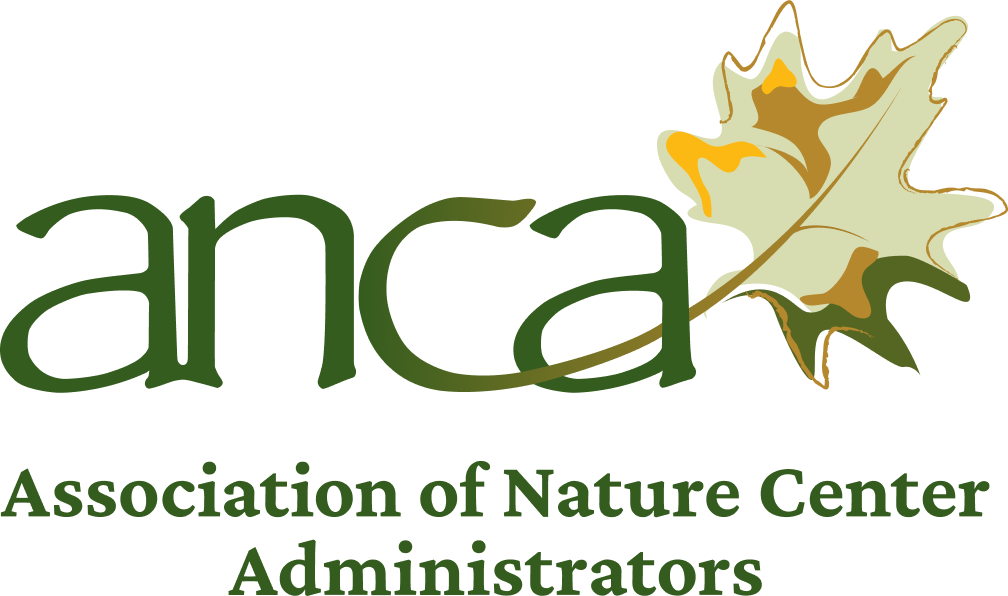Thanks to our partnership with GrantStation, we are offering our members access to a six-part GrantStation TargetED series, Shifting Perspectives to Enhance Your Grant Competitiveness.
This series is a value of $175 per person, but ANCA members can access it for free.
About the Series
The funding landscape is changing rapidly, requiring nonprofits to innovate and adapt to remain competitive. Funders are shifting their priorities, expecting organizations to go beyond traditional grant-writing approaches and demonstrate long-term impact, sustainability, and strategic alignment. To succeed in this ever-evolving environment, you must rethink your strategies and adopt new perspectives that resonate with today’s funders.
In this six-part TargetED series, you’ll gain the insights and practical tools to strengthen your grant proposals and position your organization for funding success. Each session will help you embrace a key strategic shift, allowing you to navigate the modern funding landscape confidently.
TargetED sessions are designed in an easy-to-digest format to advance your grant-seeking and proposal-writing strategies. They include 30 minutes of practical content and 15 minutes of interaction.
Registration
Registration includes access to six live TargetED sessions, session recordings, and PDFs. Even if your schedule conflicts with the live sessions, you will receive the TargetED series recordings and PDFs. This offer is exclusively for ANCA Members and staff at Organization Member centers. This is an excellent opportunity to provide professional development to your staff's emerging leaders.
Not sure of your membership status? Check our map of current ANCA Members. If you’re not a Member, join here.
Series Topics & Dates
Each TargetED session is 45 minutes long and begins at 2pm ET (10am AKT / 11am PT / 12pm MT / 1pm CT).
- April 14: Shifting From Traditional Giving to Strategic Investment
- April 28: Shifting the Focus of Your Grants From Social to Economic Impact
- May 12: Shifting From Deficit-Based to Strength-Based Grant Narratives
- June 2: Shifting From Static Program Models to Scalable Innovations
- June 16: Shifting From Basic Grant Reporting to Strategic Accountability
- June 30: Shifting From Data-Driven Proposals to Compelling Grant Narratives
Throughout the series, you’ll learn how to align your proposals with emerging funding trends and strategic priorities, communicate economic impact effectively to strengthen your case for support, craft strength-based narratives that highlight resilience and community assets; design innovative, scalable programs that demonstrate long-term sustainability; develop strategic accountability frameworks to showcase measurable impact; and, use compelling storytelling to create memorable and persuasive grant applications.
Session Descriptions
April 14: Shifting From Traditional Giving to Strategic Investment
The current federal grant landscape is marked by confusion and shifts in funding priorities, with many organizations reevaluating their strategies. A likely result is increased competition for private and corporate funding. During this session, Alice Ruhnke will explore key trends in funding along with strategies to align your proposals with evolving priorities, including economic value, innovation, and long-term sustainability.
April 28: Shifting the Focus of Your Grants From Social to Economic Impact
As funders increasingly prioritize economic value, nonprofits must demonstrate how their initiatives stimulate local economies, reduce public costs, or contribute to workforce development. Learn how to quantify and communicate your program’s economic impact, making your case compelling to funders seeking social investments with tangible returns.
May 12: Shifting From Deficit-Based to Strength-Based Grant Narratives
Funders are moving away from deficit-focused narratives and toward initiatives that celebrate community strengths and capacities. This session will teach you how to craft proposals that highlight resilience, empowerment, and assets, resonating with funders interested in sustainable, community-led change.
June 2: Shifting From Static Program Models to Scalable Innovations
Innovation and scalability are now key requirements for competitive grant proposals. This session will focus on designing programs that are adaptable, scalable, and replicable—demonstrating potential for broad impact and long-term sustainability.
June 16: Shifting From Basic Grant Reporting to Strategic Accountability
Accountability and transparency are more critical than ever in building trust with funders. Learn how to develop advanced reporting frameworks that go beyond basic metrics, showcasing clear and transparent outcome measurements that demonstrate accountability, effectiveness, and sustainability.
June 30: Shifting From Data-Driven Proposals to Compelling Grant Narratives
In a crowded field of applications, storytelling remains a powerful tool to connect with funders on both an emotional and intellectual level. Learn to balance data-driven evidence with compelling narratives that resonate with reviewers and effectively communicate the impact of your programs.
Who should attend
TargetEDs are designed for beginners. This series is ideal for nonprofit leaders, grant writers, development staff, and program managers who want to refine their grant strategies and stay ahead of shifting funding trends.
After each webinar, you’ll receive slides, handouts, and a link to the webinar recording.
About the presenter
Alice Ruhnke is the President of GrantStation. Having raised over $45 million from federal, state, and private grantmakers, she knows what it takes to get funded. As a former nonprofit program coordinator and director, and the Founder of The Grant Advantage, Alice has a deep understanding of the challenges that nonprofits face. Over the last 20 years she's worked in the trenches with hundreds of nonprofit organizations to improve their capacity to raise funds. Alice is an author and educator with a passion to share her expertise. Her insightful trainings on grant proposal writing and development, community change models, service projects, and measuring outcomes have helped over 4,000 individuals positively impact their communities.

